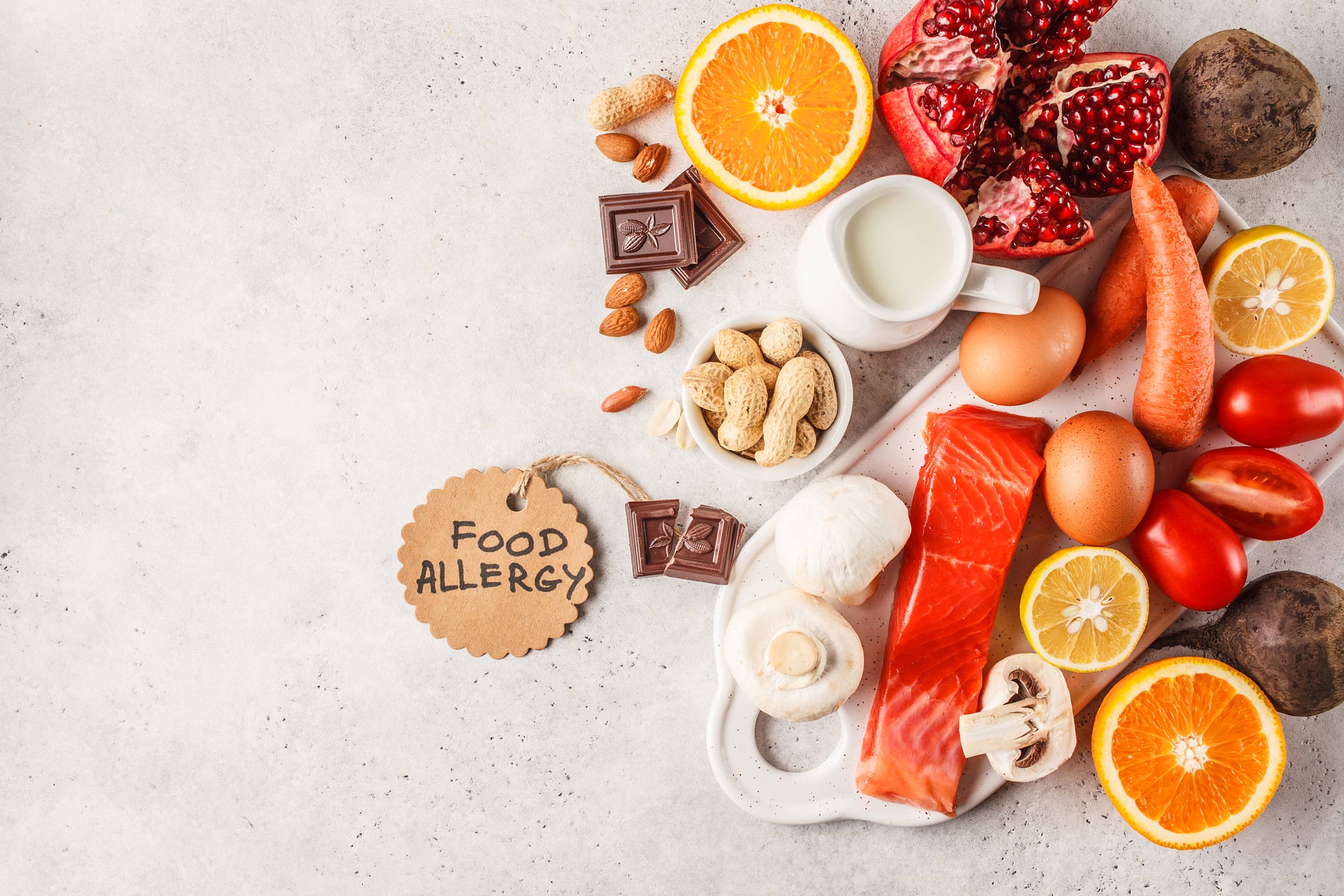
05 Jun Travelling with Food Allergies? New Hub Helps Families Plan Safe Holidays
With school holidays approaching fast, here is a timely new website for those who have to navigate a holiday if your child has life-threatening food allergies.
Plan well, eat smart and travel safe with Australia’s first Food Allergy Travel Hub
For many families living with food allergies, the thought of travelling can bring more anxiety than excitement. Now, a new free online resource from Allergy & Anaphylaxis Australia is aiming to change that, just in time for Food Allergy Week (25–31 May 2025).
The Food Allergy Travel Hub is the first of its kind in Australia, offering clear, evidence-based advice to help the 1.5 million Australians with food allergies—and their families—travel with greater confidence and safety.
A go-to guide for allergy-safe travel
Whether you’re heading interstate, overseas, or camping closer to home, the new hub answers some of the most common questions about travelling with allergies. It includes:
-
Side-by-side comparisons of airline allergy policies
-
Translated chef cards to inform restaurant staff about allergens
-
Advice for carrying and storing adrenaline (epinephrine) devices
-
Checklists for everything from caravanning to school trips abroad
“Our new Food Allergy Travel Hub gives people the tools and confidence to enjoy holidays without missing out,” says Allergy & Anaphylaxis Australia CEO Maria Said AM. “With smart planning—like carrying two adrenaline devices, reading food labels, informing food staff, and taking your own food on the plane—you can reduce risk and be ready to manage a reaction, if needed.”
Real stories, real challenges
Sydney mum Shirley Lay-Yee knows the stress of travelling with allergies all too well. Her daughter Paris, 21, has experienced life-threatening anaphylaxis three times. On a recent trip to Korea, Paris had an allergic reaction while dining out, but was able to manage it thanks to careful preparation.
“It was scary, but I’d planned ahead and knew what to do,” says Paris. “Before travelling, I spent hours looking for advice online. This new Travel Hub would’ve saved me so much time and worry.”
Research shows preparation works
An international study of food allergy and flying found that allergic reactions in the air remain uncommon and haven’t increased despite more people flying. Researchers believe that’s largely due to people taking proper precautions, like bringing their own food.
Allergy & Anaphylaxis Australia’s recent survey backs this up. Of 543 respondents, just 2% reported reactions while flying, and none required adrenaline. However, most allergic reactions (69%) still occur when eating out, whether in Australia or overseas.
A call to action for food service providers
National Allergy Council CEO Dr Sandra Vale urges hospitality venues to play their part too. “We encourage food service providers to complete our free ‘All About Allergens’ training. Just like responsible service of alcohol, this training helps keep people safe—whether they’re regulars or just passing through on holiday.”
Where to find the Food Allergy Travel Hub
Visit the new Food Allergy Travel Hub here
For more Food Allergy Week content and safety tips, follow:
📱 Instagram: @allergicaustralia
📘 Facebook: @AnaphylaxisAustralia
🔗 LinkedIn: @allergy-anaphylaxis-australia
▶️ YouTube: @AAIvideo




